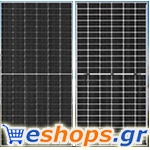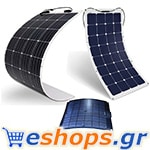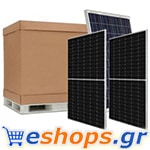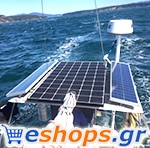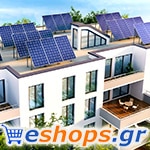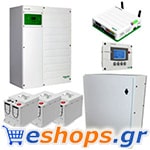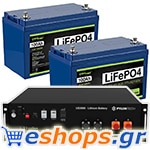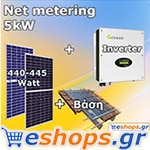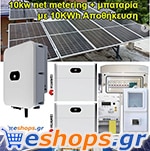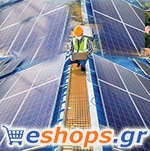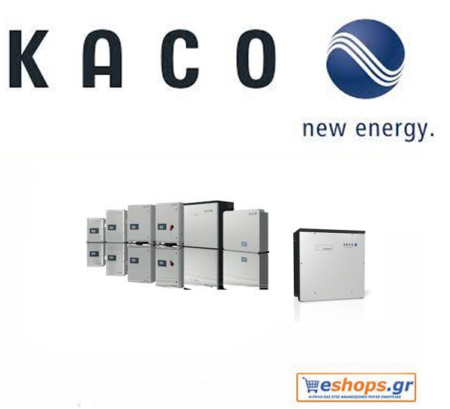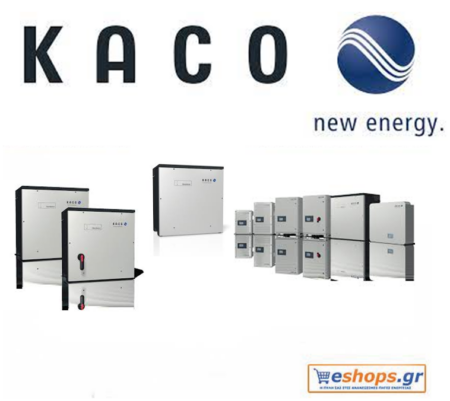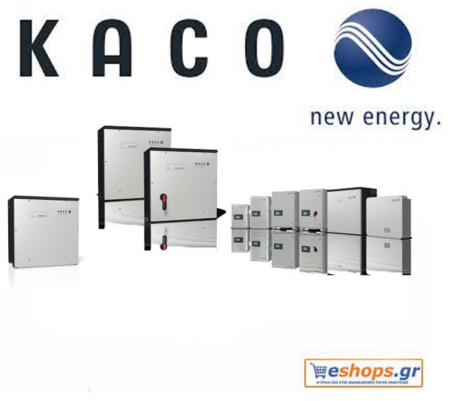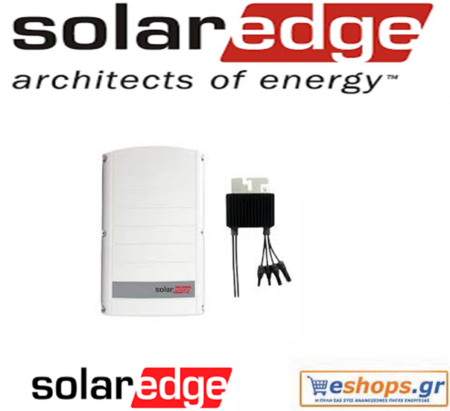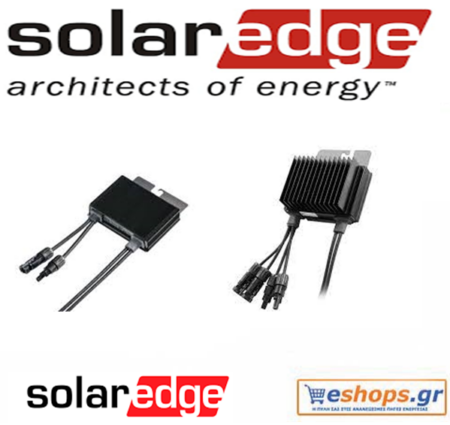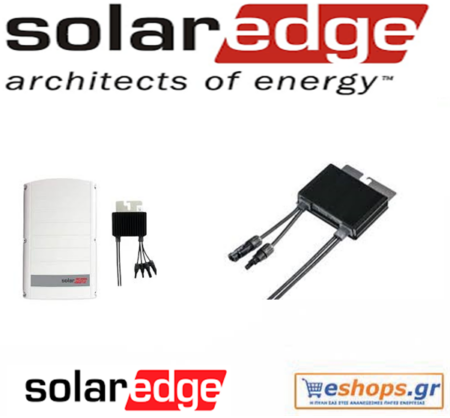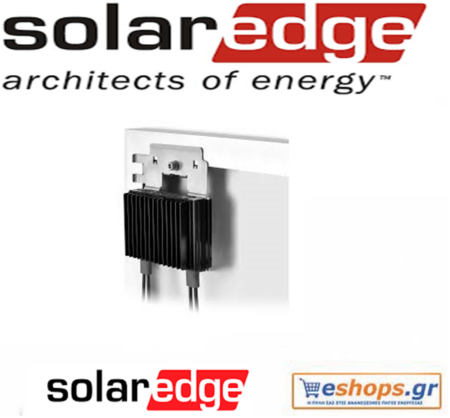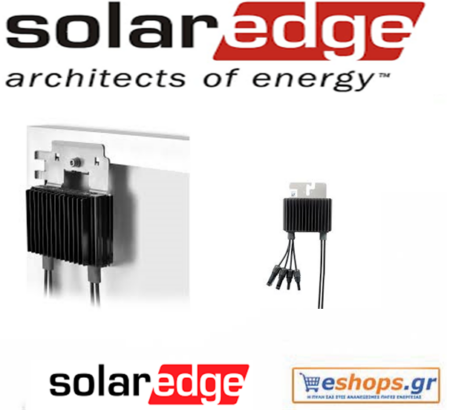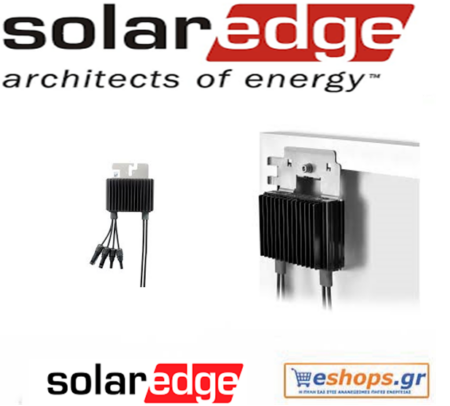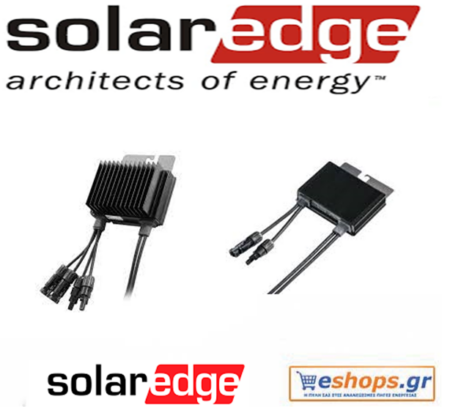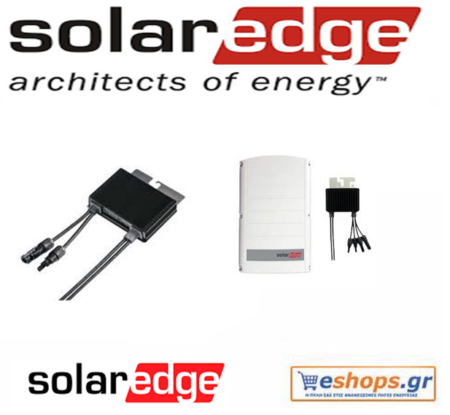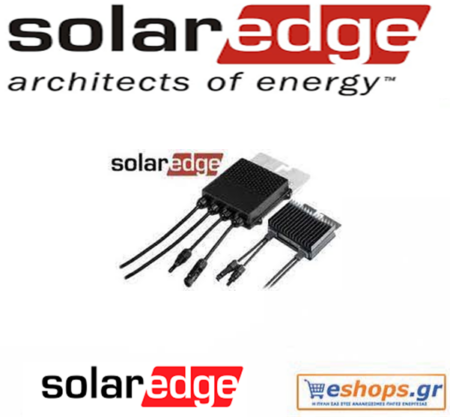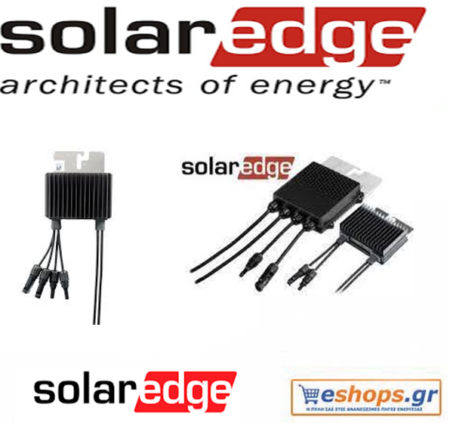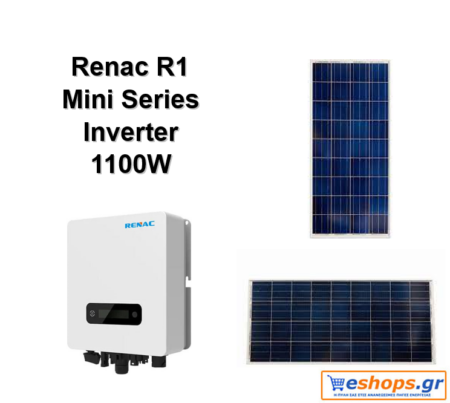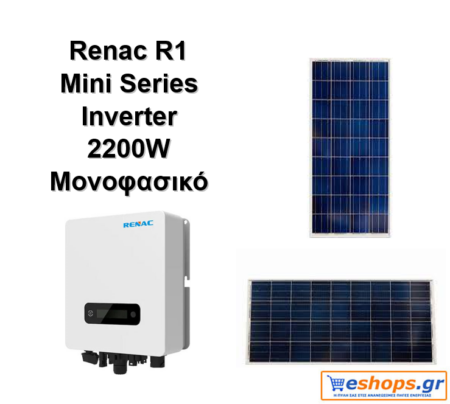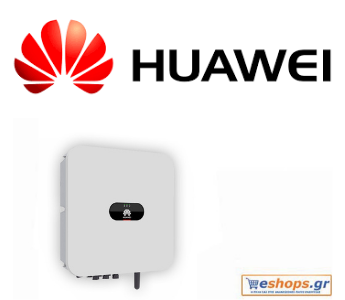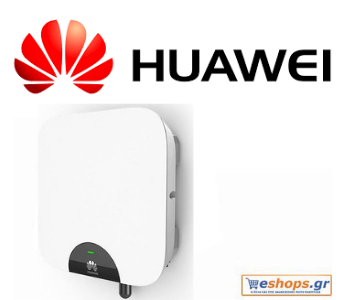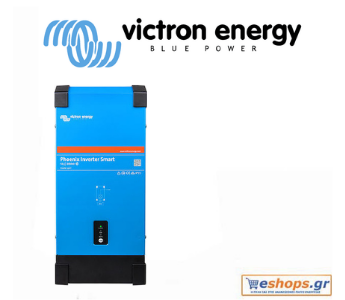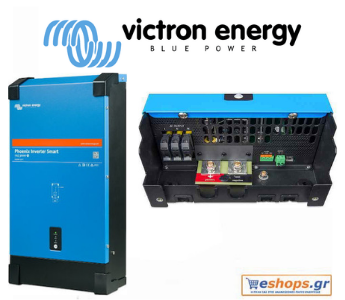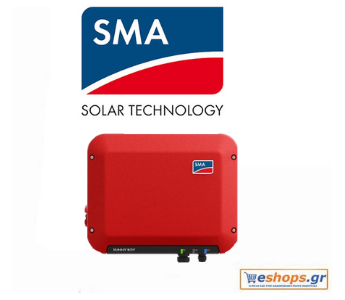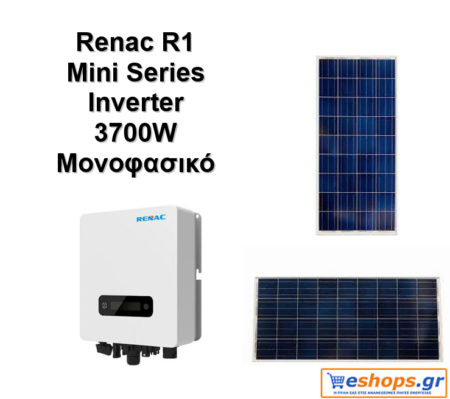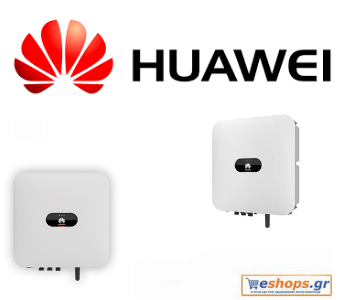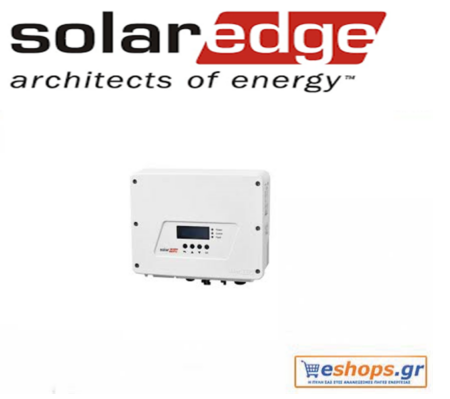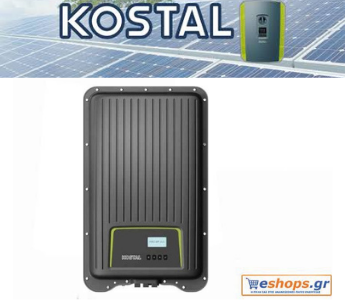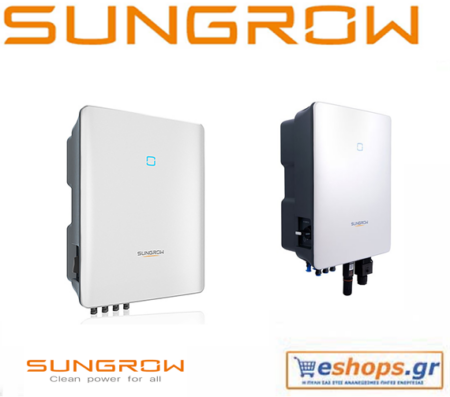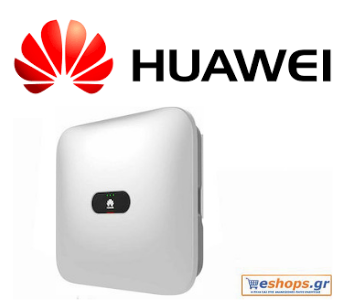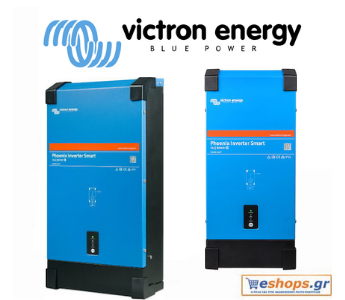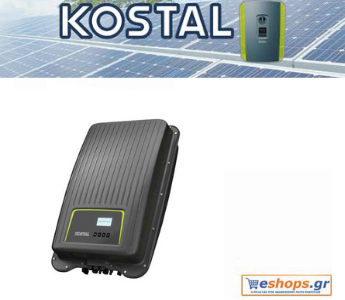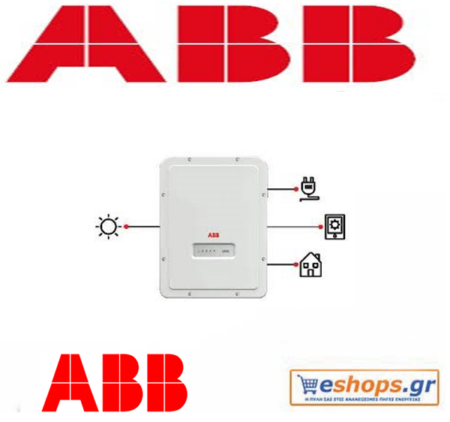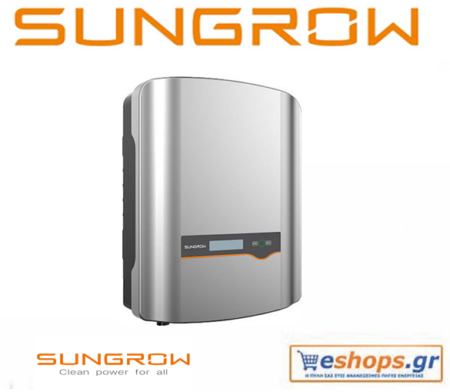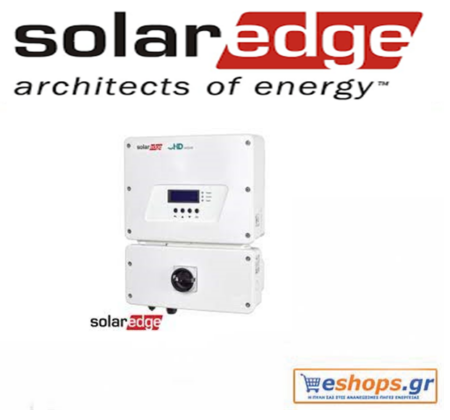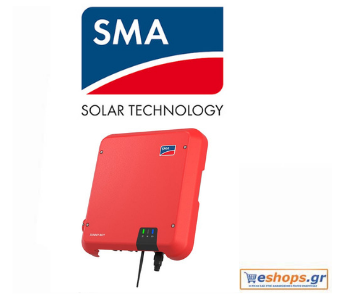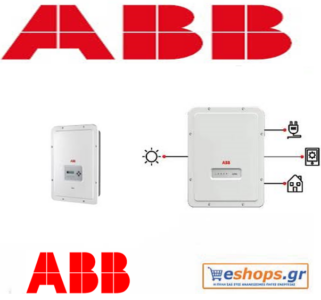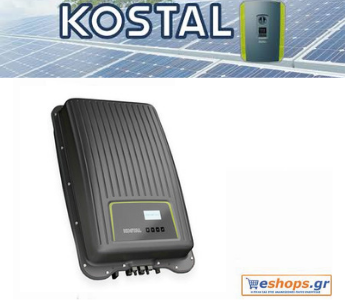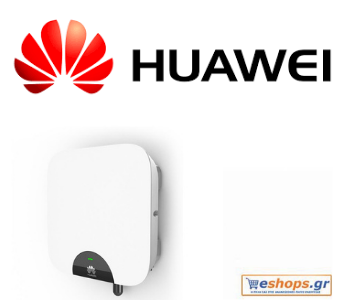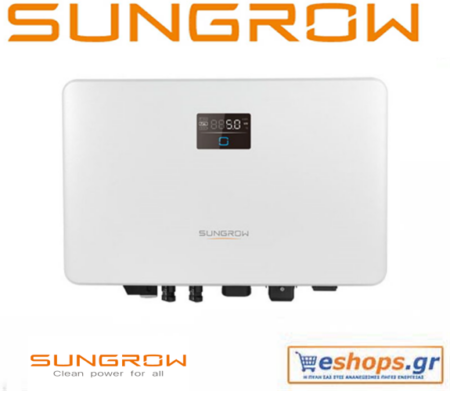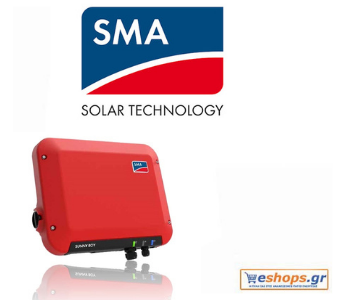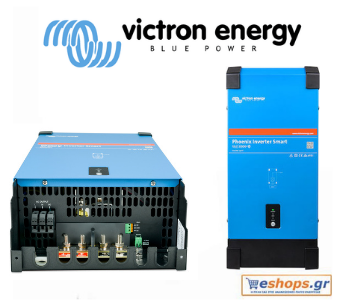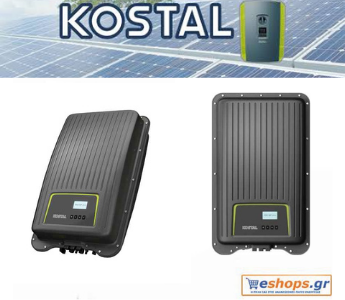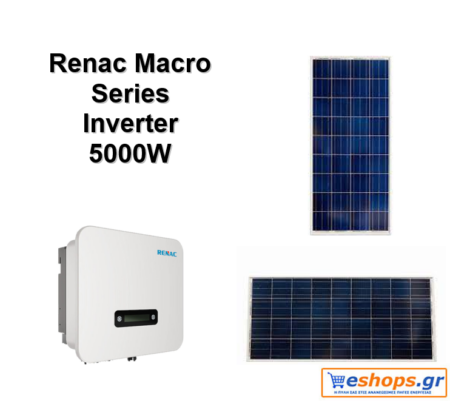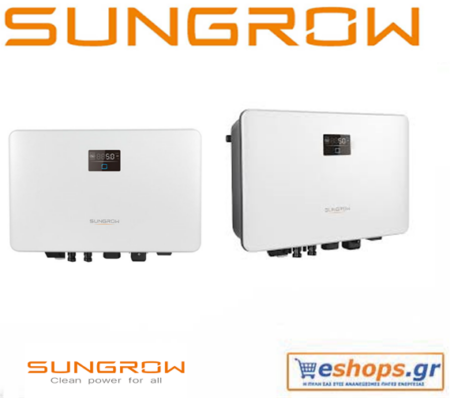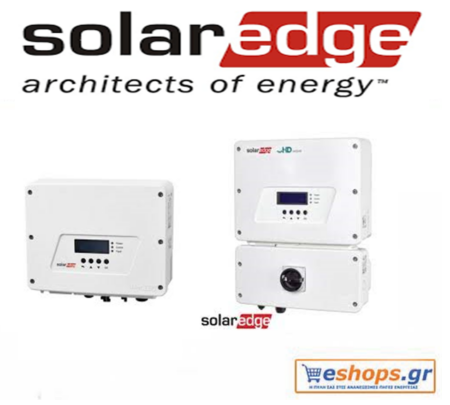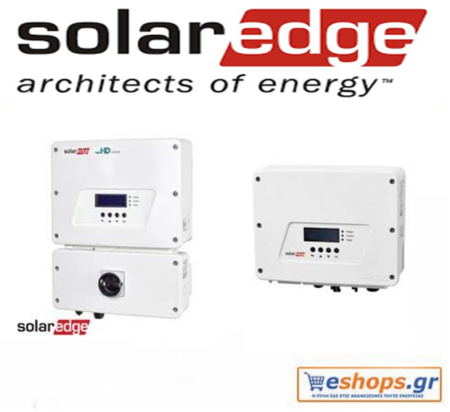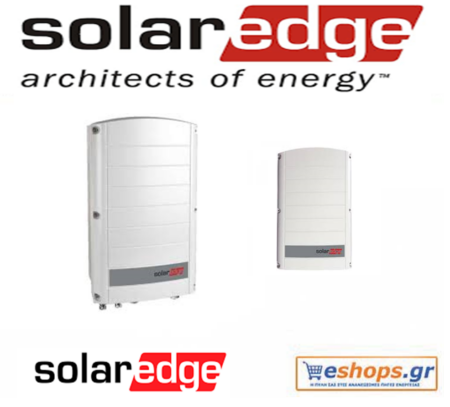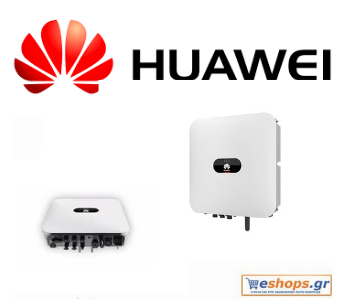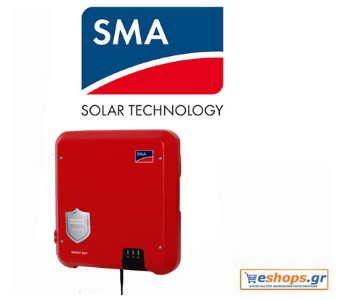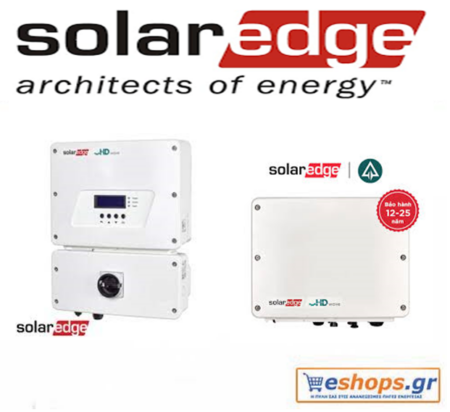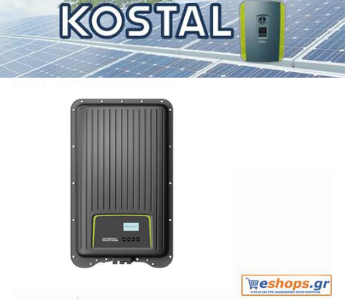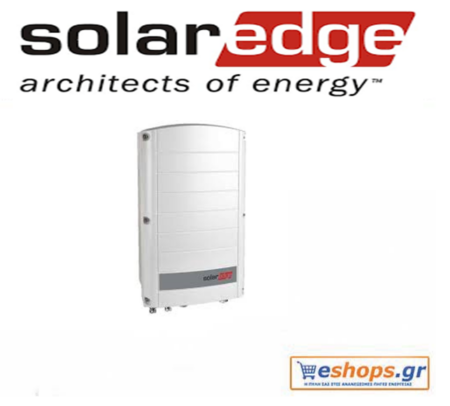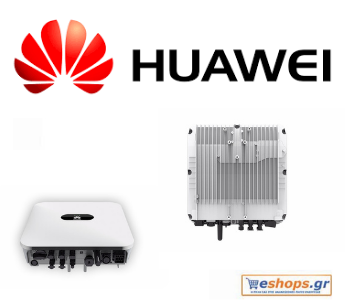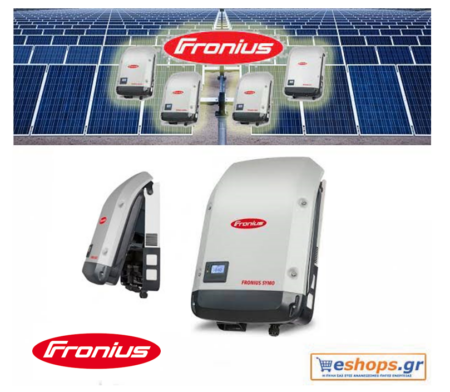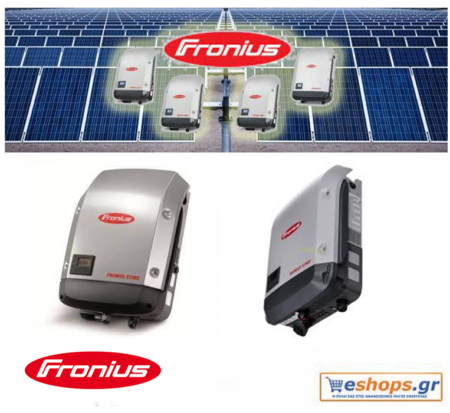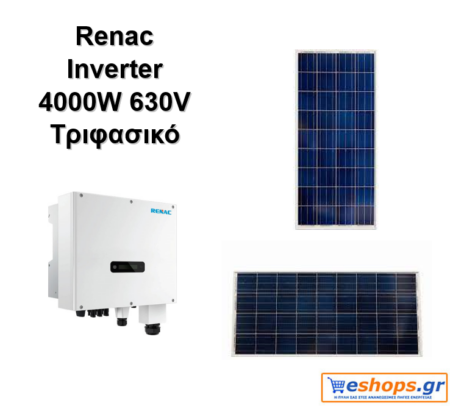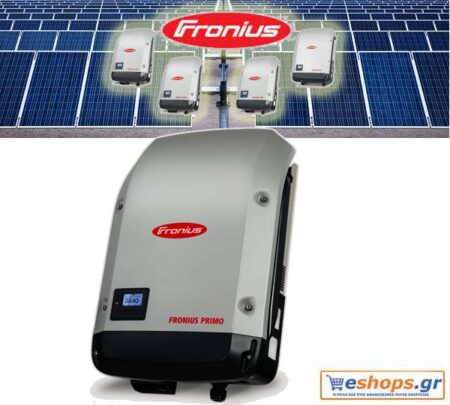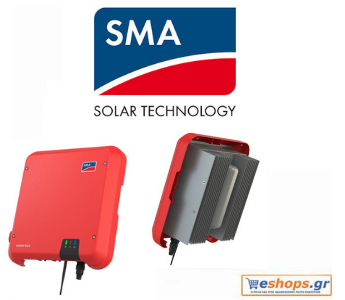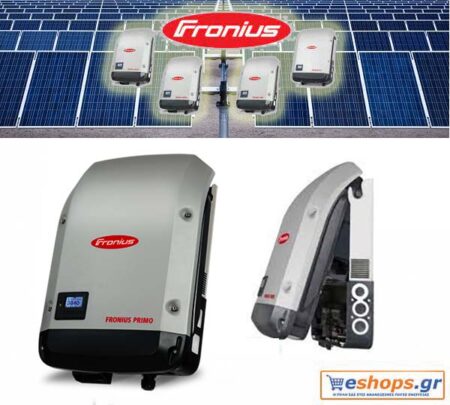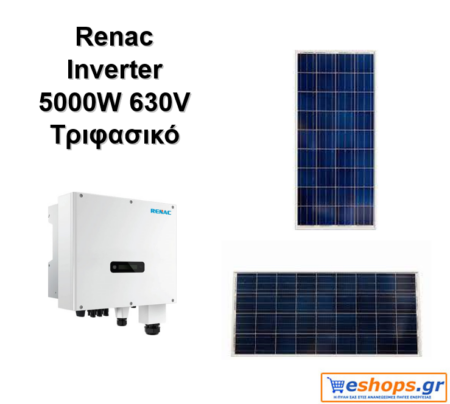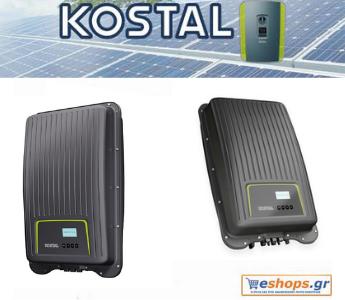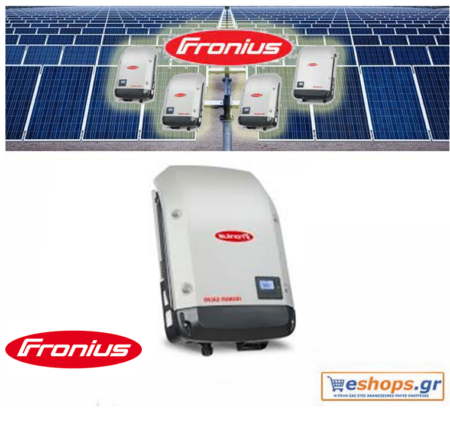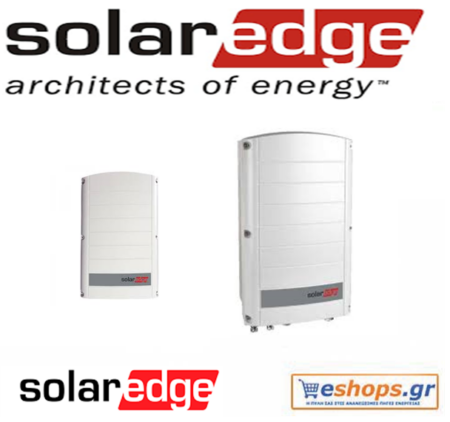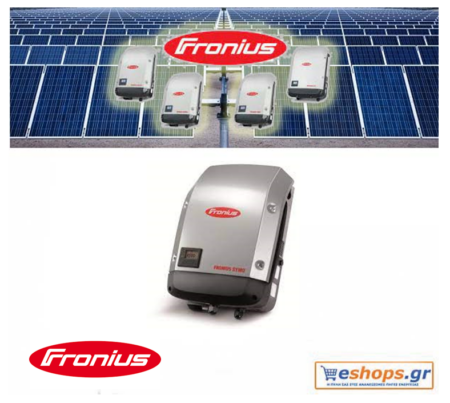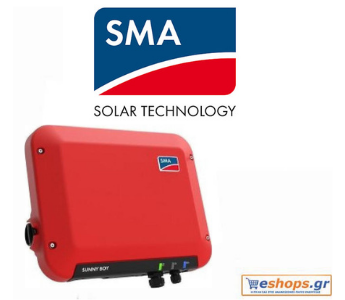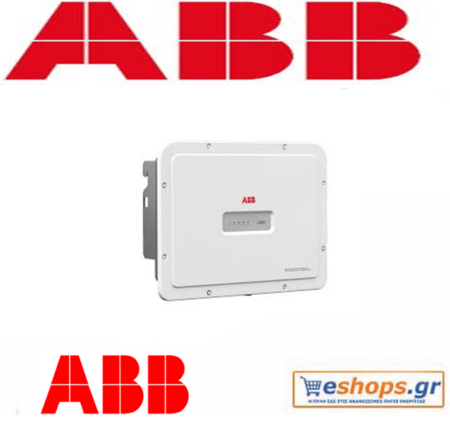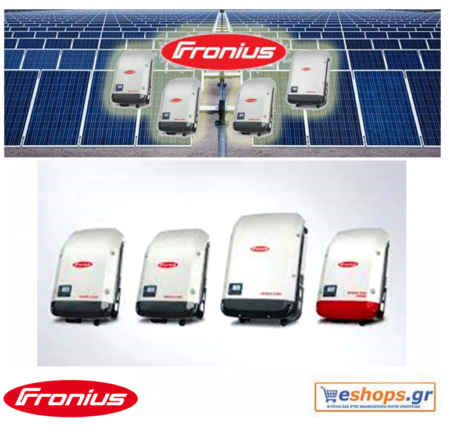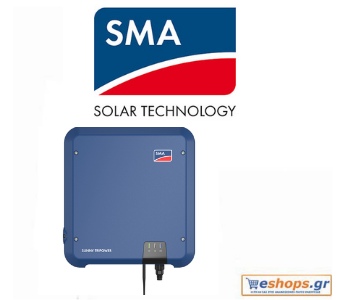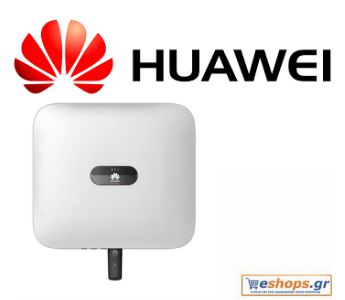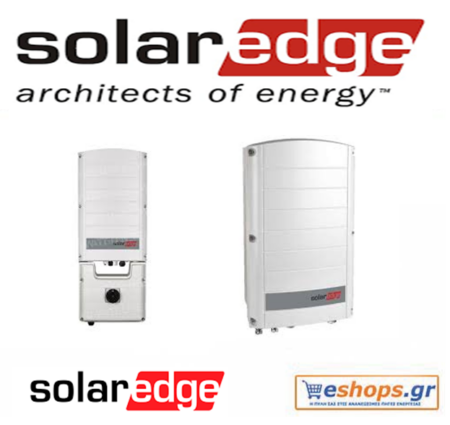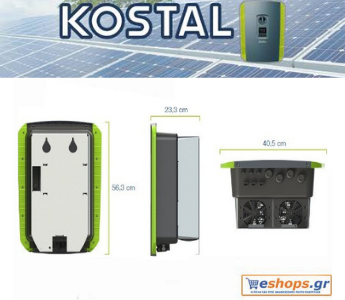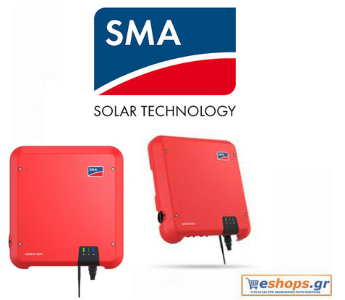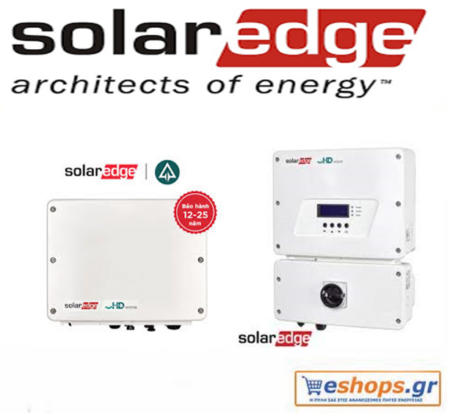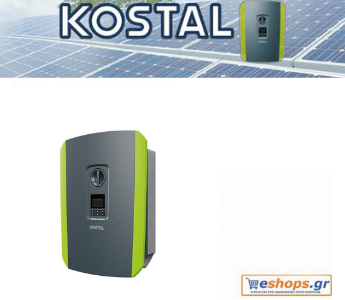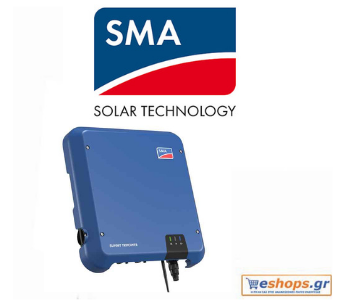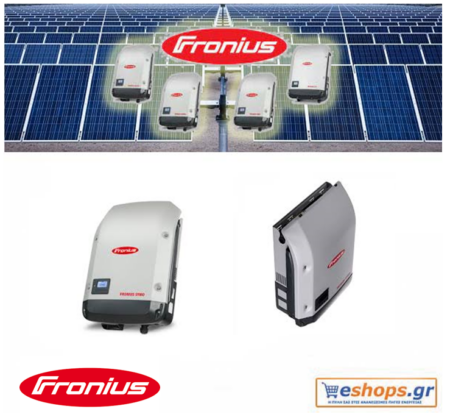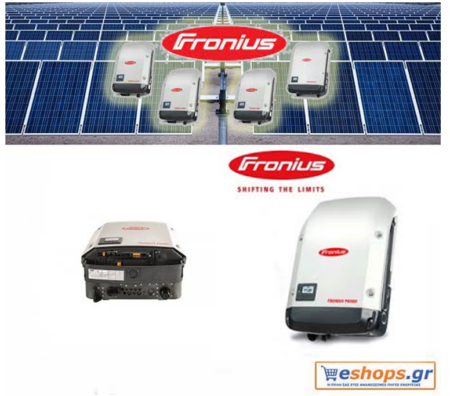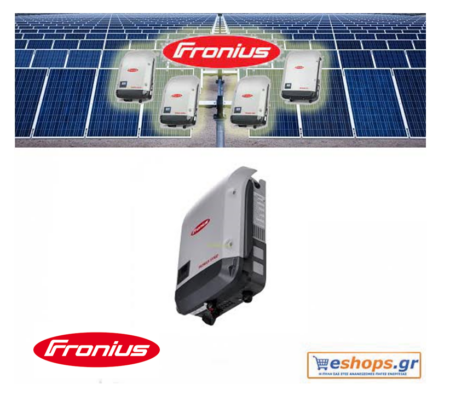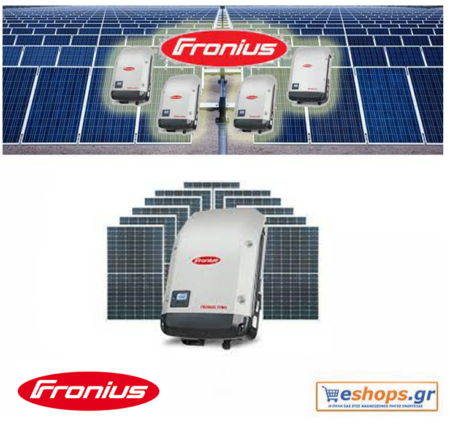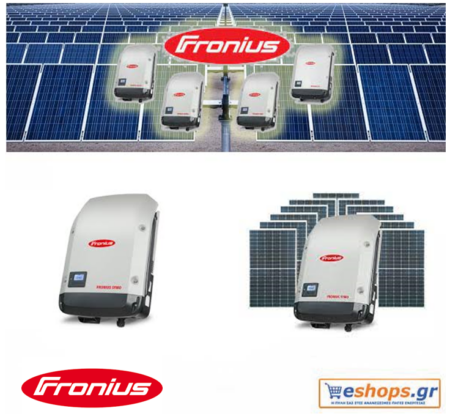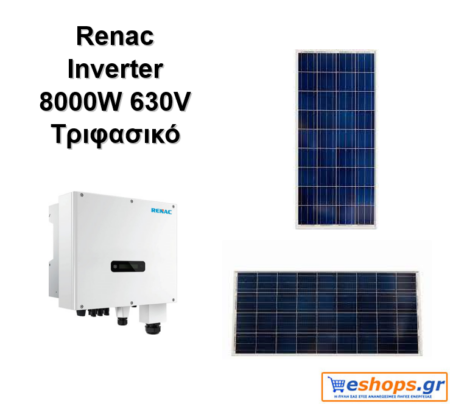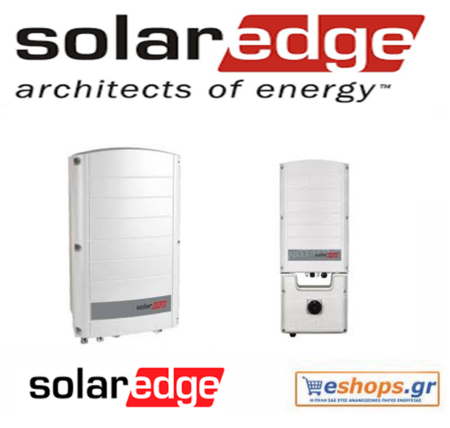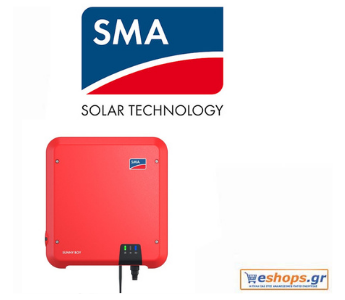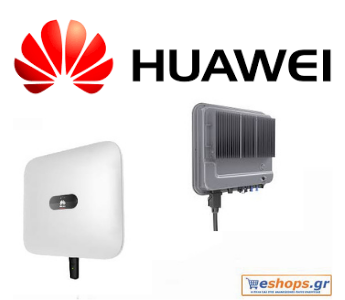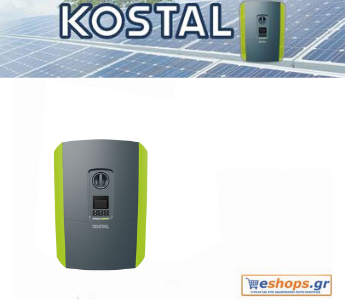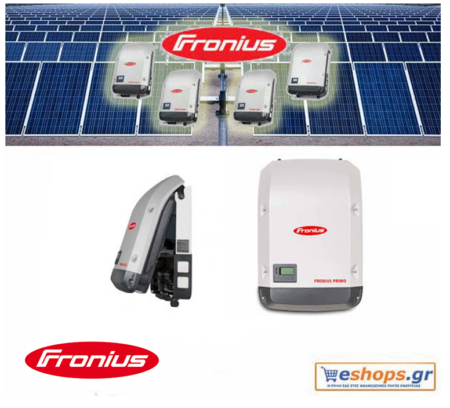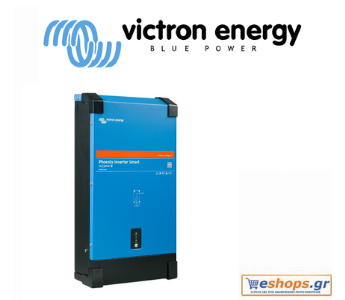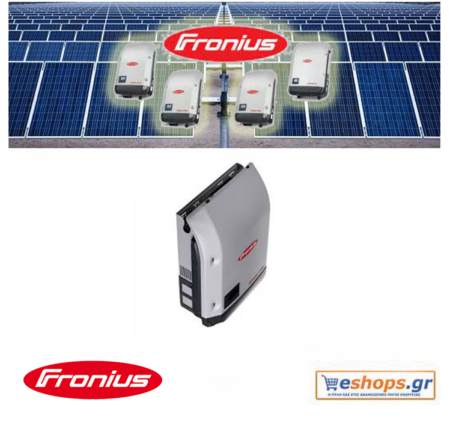Photovoltaic Solar Energy for a Sustainable Future
Photovoltaic Solar Energy for a Sustainable Future Photovoltaic (PV) systems, commonly known as solar panels, are cutting-edge technologies that capture sunlight and convert it into electricity. These systems play a critical role in the transition to a sustainable and environmentally friendly energy future. This walkthrough will delve into the components, operating principles, benefits and applications of photovoltaic systems.
Photovoltaic System Components:
Solar Panels: Solar panels consist of photovoltaic cells made of semiconductor materials such as silicon. These cells absorb sunlight and produce direct current (DC) electricity.
Inverters: Inverters convert the direct current electricity produced by the solar panels into alternating current (AC) electricity, which is compatible with home appliances and the grid.
Mounting Structures: Sturdy support structures secure the solar panels in place, ensuring optimal exposure to sunlight.
Battery storage (optional): Some PV systems incorporate energy storage solutions such as batteries to store excess energy for use during cloudy days or at night.
Working principles:
When sunlight hits the photovoltaic cells, it excites the electrons, creating an electric current. This phenomenon, known as the photovoltaic effect, produces electricity. The inverter then converts this direct current electricity into alternating current, making it usable for powering homes and businesses.
Advantages of Photovoltaic Systems:
Clean and renewable energy sources: Photovoltaic systems harness sunlight, a renewable and abundant resource, making them an environmentally friendly source of energy.
Reduced electricity bills: By generating electricity, users can significantly reduce their dependence on the grid, leading to lower energy bills.
Low maintenance: Photovoltaic systems require minimal maintenance, with no moving parts to wear out.
Reduced carbon footprint: Solar energy helps reduce greenhouse gas emissions, contributing to a greener planet.
Applications:
Residential: Homeowners can install rooftop solar systems to generate electricity and reduce energy costs.
Commercial: Businesses use solar panels to reduce operating costs and demonstrate their commitment to sustainability.
Utility Scale: Large solar farms generate massive amounts of electricity, powering entire communities.
Remote off-grid areas: Photovoltaic systems provide a sustainable source of energy for remote and off-grid locations.
Conclusion:
Photovoltaic systems are vital to the pursuit of sustainable and clean energy solutions. By capturing sunlight and turning it into electricity, they offer numerous benefits to individuals, businesses and the environment. As technology advances and adoption increases, PV systems will continue to play a vital role in our journey to a greener future.
90 results
-
Kaco KA BLUEPLANET 137 TL3 network inverter for photovoltaics
Kaco KA BLUEPLANET 137 mains inverter for photovoltaics. Suitable inverter for net metering, photovoltaic on roofs, home and professional photovoltaic systems.
Out of stock
-
Kaco KA BLUEPLANET 155 TL3 network inverter for photovoltaics
Kaco KA BLUEPLANET 155 mains inverter for photovoltaics. Suitable inverter for net metering, photovoltaic on roofs, home and professional photovoltaic systems.
Out of stock
-
Kaco KA BLUEPLANET 165 TL3 network inverter for photovoltaics
Kaco KA BLUEPLANET 165 mains inverter for photovoltaics. Suitable inverter for net metering, photovoltaic on roofs, home and professional photovoltaic systems.
Out of stock
-
Solaredge SE POWER OPTIMIZER P401-P5 optimizer for photovoltaics
52.00 €
41.51 € Excluding VAT
51.47 € Includes VATSolaredge SE POWER OPTIMIZER P401-P5 optimizer for photovoltaics. Suitable power optimizer for net metering, photovoltaics on roofs, home and professional photovoltaic systems.
Available on backorder
-
Solaredge SE POWER OPTIMIZER P600-P5 optimizer for photovoltaics
61.00 €
48.70 € Excluding VAT
60.39 € Includes VATSolaredge SE POWER OPTIMIZER P600-P5 optimizer for photovoltaics. Suitable power optimizer for net metering, photovoltaics on roofs, home and professional photovoltaic systems.
Out of stock
-
Solaredge SE POWER OPTIMIZER P404-P5 optimizer for photovoltaics
63.00 €
50.29 € Excluding VAT
62.36 € Includes VATSolaredge SE POWER OPTIMIZER P404-P5 optimizer for photovoltaics. Suitable power optimizer for net metering, photovoltaics on roofs, home and professional photovoltaic systems.
Available on backorder
-
Solaredge SE POWER OPTIMIZER P800P optimizer for photovoltaics
67.00 €
53.49 € Excluding VAT
66.33 € Includes VATSolaredge SE POWER OPTIMIZER P800P optimizer for photovoltaics. Suitable power optimizer for net metering, photovoltaics on roofs, home and professional photovoltaic systems.
Available on backorder
-
Solaredge SE POWER OPTIMIZER P850P optimizer for photovoltaics
72.00 €
57.48 € Excluding VAT
71.28 € Includes VATSolaredge SE POWER OPTIMIZER P850P optimizer for photovoltaics. Suitable power optimizer for net metering, photovoltaics on roofs, home and professional photovoltaic systems.
Available on backorder
-
Solaredge SE POWER OPTIMIZER P950 optimizer for photovoltaics
72.00 €
57.48 € Excluding VAT
71.28 € Includes VATSolaredge SE POWER OPTIMIZER P950 optimizer for photovoltaics. Suitable power optimizer for net metering, photovoltaics on roofs, home and professional photovoltaic systems.
Available on backorder
-
Solaredge SE POWER OPTIMIZER P650-P5 optimizer for photovoltaics
78.00 €
62.00 € Excluding VAT
76.88 € Includes VATSolaredge SE POWER OPTIMIZER P650-P5 optimizer for photovoltaics. Suitable power optimizer for net metering, photovoltaics on roofs, home and professional photovoltaic systems.
Available on backorder
-
Solaredge SE POWER OPTIMIZER P505-P5 optimizer for photovoltaics
102.00 €
71.50 € Excluding VAT
88.66 € Includes VATSolaredge SE POWER OPTIMIZER P505-P5 optimizer for photovoltaics. Suitable power optimizer for net metering, photovoltaics on roofs, home and professional photovoltaic systems.
Available on backorder
-
Solaredge SE POWER OPTIMIZER P1100 optimizer for photovoltaics
92.00 €
73.45 € Excluding VAT
91.08 € Includes VATSolaredge SE POWER OPTIMIZER P1100 optimizer for photovoltaics. Suitable power optimizer for net metering, photovoltaics on roofs, home and professional photovoltaic systems.
Available on backorder
-
Solaredge SE POWER OPTIMIZER P1600 optimizer for photovoltaics
153.00 €
122.15 € Excluding VAT
151.47 € Includes VATSolaredge SE POWER OPTIMIZER P1600 optimizer for photovoltaics. Suitable power optimizer for net metering, photovoltaics on roofs, home and professional photovoltaic systems.
Available on backorder
-
RENAC R1-1100-SS R1 Mini Series Inverter 1100W Single Phase
470.00 €
374.00 € Excluding VAT
463.76 € Includes VATRENAC R1-1100-SS R1 Mini Series Inverter 1100W, Single-phase network inverter for photovoltaic. Suitable inverter for net metering, photovoltaic on roofs, home and professional photovoltaic systems.
Available on backorder
-
RENAC R1-2200-SS R1 Mini Series Inverter 2200W Single Phase
559.00 €
445.00 € Excluding VAT
551.80 € Includes VATRENAC R1-2200-SS R1 Mini Series Inverter 2200W, Single-phase network inverter for photovoltaic. Suitable inverter for net metering, photovoltaic on roofs, home and professional photovoltaic systems.
Available on backorder
-
Huawei SUN2000 2KTL L1-2kW Photovoltaic Inverter Single Phase
754.00 €
453.00 € Excluding VAT
561.72 € Includes VATHuawei SUN2000 2KTL L1-2kW Photovoltaic Inverter Single Phase. Suitable inverter for net metering, photovoltaic on roofs, home and professional photovoltaic systems.
Available on backorder
-
Huawei SUN2000L-3KTL 3kW Inverter Photovoltaic Single Phase
890.00 €
532.00 € Excluding VAT
659.68 € Includes VATHuawei SUN2000L-3KTL 3kW Single Phase Photovoltaic Inverter. Suitable inverter for net metering, photovoltaic on roofs, home and professional photovoltaic systems.
Available on backorder
-
Victron Energy Phoenix 24/1600 Smart -Inverter Pure Sine
802.00 €
536.00 € Excluding VAT
664.64 € Includes VATVictron Energy Phoenix 24/1600 Smart -Inverter Pure Sine. Pure sine wave output, high peak power and high efficiency. Combined high frequency and line frequency technologies ensure the best of both worlds. SinusMax - Advanced engineering
Available on backorder
-
Victron Energy Phoenix 48/1600 Smart -Inverter Pure Sine
785.00 €
536.00 € Excluding VAT
664.64 € Includes VATVictron Energy Phoenix 48/1600 Smart -Inverter Pure Sine. Pure sine wave output, high peak power and high efficiency. Combined high frequency and line frequency technologies ensure the best of both worlds. SinusMax - Advanced engineering
Available on backorder
-
SMA IV SMA SB 1.5 TL INT RED Inverter Single Phase 1600 W, Power Converters
700.00 €
558.36 € Excluding VAT
692.37 € Includes VATSMA IV SMA SB 1.5 TL INT RED POWER CONVERTERS, Inverter Single Phase 1600 W for photovoltaics. Suitable inverter for net metering, photovoltaic on roofs, home and professional photovoltaic systems.
Available on backorder
-
3.7kW-Network RENAC R1-3700-SS R1 Mini Series Inverter 3700W Single Phase
725.00 €
580.00 € Excluding VAT
719.20 € Includes VAT3.7kW-Network RENAC R1-3700-SS R1 Mini Series Inverter 3700W, Single-phase network inverter for photovoltaic. Suitable inverter for net metering, photovoltaic on roofs, home and professional photovoltaic systems.
Available on backorder
-
Huawei SUN2000 3.68KTL L1-3.680W Photovoltaic Inverter Single Phase
1,200.00 €
614.00 € Excluding VAT
761.36 € Includes VATHuawei SUN2000 3.68KTL L1-3.680W Photovoltaic Inverter Single Phase. Suitable inverter for net metering, photovoltaic on roofs, home and professional photovoltaic systems.
Available on backorder
-
Solaredge SE SE2200H HD-WAVE SETAPP mains inverter for photovoltaics
779.00 €
621.94 € Excluding VAT
771.21 € Includes VATSolaredge SE SE2200H HD-WAVE SETAPP mains inverter for photovoltaics. Suitable inverter for net metering, photovoltaic on roofs, home and professional photovoltaic systems.
Available on backorder
-
KOSTAL PIKO MP PLUS 1.5 Photovoltaic Inverter Single Phase 1500W
780.00 €
622.71 € Excluding VAT
772.16 € Includes VATKOSTAL PIKO MP PLUS 1.5 Photovoltaic Inverter Single Phase 1500W. Suitable inverter for net metering, photovoltaic on roofs, home and professional photovoltaic systems.
Available on backorder
-
Grid Inverter Hybrid Sungrow SH3.0RS
799.00 €
637.00 € Excluding VAT
789.88 € Includes VATNetwork Inverter SUNG SG7.0RT Three-phase converter
Available on backorder
-
Huawei SUN2000 4KTL L1-4k W Inverter Photovoltaic Single Phase
940.00 €
638.00 € Excluding VAT
791.12 € Includes VATHuawei SUN2000 4KTL L1-4k W Inverter Photovoltaic Single Phase. Suitable inverter for net metering, photovoltaic on roofs, home and professional photovoltaic systems.
Available on backorder
-
Victron Energy Phoenix 48/2000 Smart -Inverter Pure Sine
890.00 €
640.00 € Excluding VAT
793.60 € Includes VATVictron Energy Phoenix 48/2000 Smart -Inverter Pure Sine. Pure sine wave output, high peak power and high efficiency. Combined high frequency and line frequency technologies ensure the best of both worlds. SinusMax - Advanced engineering
Available on backorder
-
KOSTAL PIKO MP PLUS 2.0-2k W Inverter Photovoltaic Single Phase
816.00 €
651.42 € Excluding VAT
807.76 € Includes VATKOSTAL PIKO MP PLUS 2.0-2k W Inverter Photovoltaic Single Phase. Suitable inverter for net metering, photovoltaic on roofs, home and professional photovoltaic systems.
Available on backorder
-
Network Inverter ABB IV UNO-DM-1.2-TL-PLUS-SB Single Phase With DC Switch
869.00 €
693.79 € Excluding VAT
860.30 € Includes VATNetwork Inverter ABB IV UNO-DM-1.2-TL-PLUS-SB INT Single phase with DC switch
Out of stock
-
SUNG SG3K-S Network Inverter
758.00 €
698.00 € Excluding VAT
865.52 € Includes VATNetwork Inverter SUNG SG3K-S Single phase converter
Available on backorder
-
Solaredge SE SE3000H HD-WAVE SETAPP mains inverter for photovoltaics
879.00 €
701.78 € Excluding VAT
870.21 € Includes VATSolaredge SE SE3000H HD-WAVE SETAPP mains inverter for photovoltaics. Suitable inverter for net metering, photovoltaic on roofs, home and professional photovoltaic systems.
Available on backorder
-
SMA IV SB 2.0 1 VL-40 Power Converters
887.00 €
707.85 € Excluding VAT
877.73 € Includes VATSMA IV SB 2.0 1 VL-40 POWER CONVERTERS for photovoltaics. Suitable inverter for net metering, photovoltaic on roofs, home and professional photovoltaic systems.
Available on backorder
-
Network Inverter ABB IV UNO-DM-2.0-TL-PLUS-SB Single Phase With DC Switch
912.00 €
728.12 € Excluding VAT
902.87 € Includes VATNetwork Inverter ABB IV UNO-DM-2.0-TL-PLUS-SB INT Single phase with DC switch
Out of stock
-
KOSTAL PIKO MP PLUS 2.5-2500W Photovoltaic Inverter Single Phase
935.00 €
746.46 € Excluding VAT
925.61 € Includes VATKOSTAL PIKO MP PLUS 2.5-2500W Photovoltaic Inverter Single Phase. Suitable inverter for net metering, photovoltaic on roofs, home and professional photovoltaic systems.
Available on backorder
-
Huawei SUN2000 5KTL L1-5k W Photovoltaic Inverter
950.00 €
755.00 € Excluding VAT
936.20 € Includes VATHuawei SUN2000 5KTL L1-5k W Inverter Photovoltaic Single Phase. Suitable inverter for net metering, photovoltaic on roofs, home and professional photovoltaic systems.
Available on backorder
-
SUNGROW SG4.0RS Network Inverter
950.00 €
765.00 € Excluding VAT
948.60 € Includes VATNetwork Inverter SUNG SG4.0RS Single phase converter
Available on backorder
-
SMA Sunny Boy 2.5 VL Red 2650 W Network Inverter Single Phase
973.00 €
776.16 € Excluding VAT
962.44 € Includes VATSMA Sunny Boy 2.5 VL Red 2650 W Network Inverter Single phase for photovoltaics. Suitable inverter for net metering, photovoltaic on roofs, home and professional photovoltaic systems.
Available on backorder
-
Victron Energy Phoenix 48/3000 Smart -Inverter Pure Sine
1,096.00 €
779.00 € Excluding VAT
965.96 € Includes VATVictron Energy Phoenix 48/3000 Smart -Inverter Pure Sine. Pure sine wave output, high peak power and high efficiency. Combined high frequency and line frequency technologies ensure the best of both worlds. SinusMax - Advanced engineering
Available on backorder
-
KOSTAL PIKO MP PLUS 3.0- 3k W Inverter Photovoltaic Single Phase
998.00 €
795.96 € Excluding VAT
986.99 € Includes VATKOSTAL PIKO MP PLUS 3.0- 3k W Photovoltaic Inverter Single Phase. Suitable inverter for net metering, photovoltaic on roofs, home and professional photovoltaic systems.
Available on backorder
-
RENAC NAC5000-DS Macro Series Inverter 5000W Single Phase
1,013.00 €
812.00 € Excluding VAT
1,006.88 € Includes VATRENAC NAC5000-DS Macro Series Inverter 5000W, Single-phase network inverter for photovoltaic. Suitable inverter for net metering, photovoltaic on roofs, home and professional photovoltaic systems.
Available on backorder
-
SUNGROW SG5.0RS Network Inverter
1,025.00 €
825.00 € Excluding VAT
1,023.00 € Includes VATNetwork Inverter SUNG SG5.0RS Single phase converter
Available on backorder
-
Solaredge SE SE3500H HD-WAVE SETAPP mains inverter for photovoltaics
1,038.00 €
828.72 € Excluding VAT
1,027.61 € Includes VATSolaredge SE SE3500H HD-WAVE SETAPP mains inverter for photovoltaics. Suitable inverter for net metering, photovoltaic on roofs, home and professional photovoltaic systems.
Available on backorder
-
Solaredge SE SE3680H HD-WAVE SETAPP mains inverter for photovoltaics
1,074.00 €
857.46 € Excluding VAT
1,063.25 € Includes VATSolaredge SE SE3680H HD-WAVE SETAPP mains inverter for photovoltaics. Suitable inverter for net metering, photovoltaic on roofs, home and professional photovoltaic systems.
Available on backorder
-
Solaredge SE SE4K SETAPP network inverter for photovoltaics
1,079.00 €
861.45 € Excluding VAT
1,068.20 € Includes VATSolaredge SE SE4K SETAPP network inverter for photovoltaics. Suitable inverter for net metering, photovoltaic on roofs, home and professional photovoltaic systems.
Available on backorder
-
Huawei SUN2000 6KTL L1-6k W Inverter Photovoltaic Single Phase
1,310.00 €
865.00 € Excluding VAT
1,072.60 € Includes VATHuawei SUN2000 6KTL L1-6k W Inverter Photovoltaic Single Phase. Suitable inverter for net metering, photovoltaic on roofs, home and professional photovoltaic systems.
Available on backorder
-
IV SMA SB Sunny Boy 3.0-1AV-41 RED 3000 W Network Inverter Single Phase
1,085.00 €
866.25 € Excluding VAT
1,074.15 € Includes VATIV SMA SB Sunny Boy 3.0-1AV-41 RED 3000 W Single Phase Network Inverter. Suitable inverter for net metering, photovoltaic on roofs, home and professional photovoltaic systems.
Available on backorder
-
Solaredge SE SE4000H HD-WAVE SETAPP mains inverter for photovoltaics
1,095.00 €
874.23 € Excluding VAT
1,084.05 € Includes VATSolaredge SE SE4000H HD-WAVE SETAPP mains inverter for photovoltaics. Suitable inverter for net metering, photovoltaic on roofs, home and professional photovoltaic systems.
Available on backorder
-
KOSTAL PIKO MP PLUS 3.6- 3600W Photovoltaic Inverter Single Phase
1,113.00 €
888.03 € Excluding VAT
1,101.16 € Includes VATKOSTAL PIKO MP PLUS 3.6- 3600W Photovoltaic Inverter Single Phase. Suitable inverter for net metering, photovoltaic on roofs, home and professional photovoltaic systems.
Available on backorder
-
Solaredge SE SE3K SETAPP network inverter for photovoltaics
1,133.00 €
904.57 € Excluding VAT
1,121.67 € Includes VATSolaredge SE SE3K SETAPP network inverter for photovoltaics. Suitable inverter for net metering, photovoltaic on roofs, home and professional photovoltaic systems.
Available on backorder
-
Huawei SUN2000 4.6KTL L1-4.600 W Photovoltaic Inverter Single Phase
1,167.00 €
931.71 € Excluding VAT
1,155.32 € Includes VATHuawei SUN2000 4.6KTL L1-4.600 W Photovoltaic Inverter Single Phase. Suitable inverter for net metering, photovoltaic on roofs, home and professional photovoltaic systems.
Available on backorder
-
Fronius FR SYMO LIGHT 3.0-3-S network inverter for photovoltaics
1,240.00 €
960.00 € Excluding VAT
1,190.40 € Includes VATFronius FR SYMO LIGHT 3.0-3-S network inverter for photovoltaics. Suitable inverter for net metering, photovoltaic on roofs, home and professional photovoltaic systems.
Available on backorder
-
Fronius FR SYMO LIGHT 3.0-3-M network inverter for photovoltaics
1,240.00 €
960.00 € Excluding VAT
1,190.40 € Includes VATFronius FR SYMO LIGHT 3.0-3-M network inverter for photovoltaics. Suitable inverter for net metering, photovoltaic on roofs, home and professional photovoltaic systems.
Available on backorder
-
RENAC R3-4000-DT Note Series 4KW Three Phase
1,250.00 €
1,003.00 € Excluding VAT
1,243.72 € Includes VATRENAC R3-4000-DT Note Series 4KW, Three-phase network inverter for photovoltaic. Suitable inverter for net metering, photovoltaic on roofs, home and professional photovoltaic systems.
Available on backorder
-
Fronius FR PRIMO 3.0-1 mains inverter for photovoltaics
1,290.00 €
1,010.00 € Excluding VAT
1,252.40 € Includes VATFronius FR PRIMO 3.0-1 mains inverter for photovoltaics. Suitable inverter for net metering, photovoltaic on roofs, home and professional photovoltaic systems.
Available on backorder
-
SMA Sunny Boy 4.0 4000W Single Phase Photovoltaic Inverter
1,287.00 €
1,026.63 € Excluding VAT
1,273.02 € Includes VATSMA Sunny Boy 4.0 4000W Single Phase Photovoltaic Inverter. Suitable inverter for net metering, photovoltaic on roofs, home and professional photovoltaic systems.
Available on backorder
-
Fronius FR PRIMO 3.5-1 mains inverter for photovoltaics
1,440.00 €
1,034.00 € Excluding VAT
1,282.16 € Includes VATFronius FR PRIMO 3.0-1 mains inverter for photovoltaics. Suitable inverter for net metering, photovoltaic on roofs, home and professional photovoltaic systems.
Available on backorder
-
Huawei SUN2000 3KTL M1-3k W Three Phase Photovoltaic Inverter
1,450.00 €
1,055.00 € Excluding VAT
1,308.20 € Includes VATHuawei SUN2000 3KTL M1-3k W Three Phase Photovoltaic Inverter. Suitable inverter for net metering, photovoltaic on roofs, home and professional photovoltaic systems.
Available on backorder
-
RENAC R3-5000-DT Note Series 5KW Three Phase
1,317.00 €
1,057.00 € Excluding VAT
1,310.68 € Includes VATRENAC R3-5000-DT Note Series 5KW, Three-phase network inverter for photovoltaic. Suitable inverter for net metering, photovoltaic on roofs, home and professional photovoltaic systems.
Available on backorder
-
KOSTAL PIKO MP PLUS 4.6-4600W Photovoltaic Inverter Single Phase
1,325.00 €
1,057.32 € Excluding VAT
1,311.08 € Includes VATKOSTAL PIKO MP PLUS 4.6-4600W Photovoltaic Inverter Single Phase. Suitable inverter for net metering, photovoltaic on roofs, home and professional photovoltaic systems.
Available on backorder
-
Fronius FR PRIMO 3.6-1 network inverter for photovoltaics
1,370.00 €
1,068.00 € Excluding VAT
1,324.32 € Includes VATFronius FR PRIMO 3.6-1 network inverter for photovoltaics. Suitable inverter for net metering, photovoltaic on roofs, home and professional photovoltaic systems.
Available on backorder
-
Solaredge SE SE5K SETAPP network inverter for photovoltaics
1,340.00 €
1,069.83 € Excluding VAT
1,326.59 € Includes VATSolaredge SE SE5K SETAPP network inverter for photovoltaics. Suitable inverter for net metering, photovoltaic on roofs, home and professional photovoltaic systems.
Available on backorder
-
Fronius FR SYMO 3.0-3-S network inverter for photovoltaics
1,370.00 €
1,070.00 € Excluding VAT
1,326.80 € Includes VATFronius FR SYMO 3.0-3-S network inverter for photovoltaics. Suitable inverter for net metering, photovoltaic on roofs, home and professional photovoltaic systems.
Available on backorder
-
SMA IV SB 5.0-1AV-41 5000 W Photovoltaic Inverter Single Phase
1,349.00 €
1,076.13 € Excluding VAT
1,334.40 € Includes VATSMA IV SB 5.0-1AV-41 5000 W Photovoltaic Inverter Single Phase. Suitable inverter for net metering, photovoltaic on roofs, home and professional photovoltaic systems.
Out of stock
-
Network Inverter ABB IV UNO-DM-6.0-TL-PLUS-BG-QU Single Phase With DC Switch
1,350.00 €
1,077.82 € Excluding VAT
1,336.50 € Includes VATNetwork Inverter ABB IV UNO-DM-6.0-TL-PLUS-BG-QU Single phase with DC switch
Out of stock
-
Fronius FR SYMO LIGHT 3.7-3-S network inverter for photovoltaics
1,370.00 €
1,079.00 € Excluding VAT
1,337.96 € Includes VATFronius FR SYMO LIGHT 3.7-3-S network inverter for photovoltaics. Suitable inverter for net metering, photovoltaic on roofs, home and professional photovoltaic systems.
Available on backorder
-
SMA IV STP 3.0 TL INT BLUE 3000W Three Phase Photovoltaic Inverter
1,363.00 €
1,088.01 € Excluding VAT
1,349.13 € Includes VATSMA IV STP 3.0 TL INT BLUE 3000W Three Phase Photovoltaic Inverter. Suitable inverter for net metering, photovoltaic on roofs, home and professional photovoltaic systems.
Available on backorder
-
RENAC R3-6000-DT Note Series 6KW Three Phase
1,361.00 €
1,092.00 € Excluding VAT
1,354.08 € Includes VATRENAC R3-6000-DT Note Series 6KW, Three-phase network inverter for photovoltaic. Suitable inverter for net metering, photovoltaic on roofs, home and professional photovoltaic systems.
Available on backorder
-
Huawei SUN2000 4KTL M1-4k W Three Phase Photovoltaic Inverter
1,290.00 €
1,105.00 € Excluding VAT
1,370.20 € Includes VATHuawei SUN2000 4KTL M1-4k W Three Phase Photovoltaic Inverter. Suitable inverter for net metering, photovoltaic on roofs, home and professional photovoltaic systems.
Available on backorder
-
Fronius FR PRIMO 4.0-1 network inverter for photovoltaics
1,430.00 €
1,115.00 € Excluding VAT
1,382.60 € Includes VATFronius FR PRIMO 4.0-1 network inverter for photovoltaics. Suitable inverter for net metering, photovoltaic on roofs, home and professional photovoltaic systems.
Available on backorder
-
Solaredge SE SE6K SETAPP network inverter for photovoltaics
1,420.00 €
1,133.70 € Excluding VAT
1,405.79 € Includes VATSolaredge SE SE6K SETAPP network inverter for photovoltaics. Suitable inverter for net metering, photovoltaic on roofs, home and professional photovoltaic systems.
Available on backorder
-
KOSTAL Plenticore 4.2 Plus 4200W Inverter Photovoltaic Three Phase
1,430.00 €
1,141.47 € Excluding VAT
1,415.42 € Includes VATKOSTAL Plenticore 4.2 Plus 4200W Inverter Photovoltaic Three Phase. Suitable inverter for net metering, photovoltaic on roofs, home and professional photovoltaic systems.
Available on backorder
-
SMA IV SB 6.0-1AV-41 6000W Photovoltaic Inverter Single Phase
1,438.00 €
1,147.41 € Excluding VAT
1,422.79 € Includes VATSMA IV SB 6.0-1AV-41 6000W Photovoltaic Inverter Single Phase. Suitable inverter for net metering, photovoltaic on roofs, home and professional photovoltaic systems.
Available on backorder
-
Solaredge SE SE5000H HD-WAVE SETAPP mains inverter for photovoltaics
1,445.00 €
1,150.00 € Excluding VAT
1,426.00 € Includes VATSolaredge SE SE5000H HD-WAVE SETAPP mains inverter for photovoltaics. Suitable inverter for net metering, photovoltaic on roofs, home and professional photovoltaic systems.
Available on backorder
-
KOSTAL Plenticore 3.0 Plus-3k W Inverter Photovoltaic Three Phase
1,448.00 €
1,155.33 € Excluding VAT
1,432.61 € Includes VATKOSTAL Plenticore 3.0 Plus-3k W Inverter Photovoltaic Three Phase. Suitable inverter for net metering, photovoltaic on roofs, home and professional photovoltaic systems.
Available on backorder
-
SMA IV STP 4.0 TL INT BLUE 4000W Three Phase Photovoltaic Inverter
1,460.00 €
1,165.23 € Excluding VAT
1,444.89 € Includes VATSMA IV STP 4.0 TL INT BLUE 4000W Three Phase Photovoltaic Inverter. Suitable inverter for net metering, photovoltaic on roofs, home and professional photovoltaic systems.
Available on backorder
-
Fronius FR SYMO LIGHT 4.5-3-S network inverter for photovoltaics
1,499.00 €
1,172.00 € Excluding VAT
1,453.28 € Includes VATFronius FR SYMO LIGHT 4.5-3-S network inverter for photovoltaics. Suitable inverter for net metering, photovoltaic on roofs, home and professional photovoltaic systems.
Available on backorder
-
Fronius FR PRIMO 4.6-1 network inverter for photovoltaics
1,499.00 €
1,173.00 € Excluding VAT
1,454.52 € Includes VATFronius FR PRIMO 4.6-1 network inverter for photovoltaics. Suitable inverter for net metering, photovoltaic on roofs, home and professional photovoltaic systems.
Available on backorder
-
Huawei SUN2000 5KTL M1-5k W Three Phase Photovoltaic Inverter
1,356.98 €
1,175.00 € Excluding VAT
1,457.00 € Includes VATHuawei SUN2000 5KTL M1-5k W Three Phase Photovoltaic Inverter. Suitable inverter for net metering, photovoltaic on roofs, home and professional photovoltaic systems.
Available on backorder
-
Fronius FR SYMO 3.0-3-M network inverter for photovoltaics
1,499.00 €
1,179.00 € Excluding VAT
1,461.96 € Includes VATFronius FR SYMO 3.0-3-M network inverter for photovoltaics. Suitable inverter for net metering, photovoltaic on roofs, home and professional photovoltaic systems.
Available on backorder
-
Fronius FR SYMO 3.7-3-S network inverter for photovoltaics
1,499.00 €
1,179.00 € Excluding VAT
1,461.96 € Includes VATFronius FR SYMO 3.7-3-S network inverter for photovoltaics. Suitable inverter for net metering, photovoltaic on roofs, home and professional photovoltaic systems.
Available on backorder
-
Fronius FR SYMO LIGHT 3.7-3-M network inverter for photovoltaics
1,499.00 €
1,185.00 € Excluding VAT
1,469.40 € Includes VATFronius FR SYMO LIGHT 3.7-3-M network inverter for photovoltaics. Suitable inverter for net metering, photovoltaic on roofs, home and professional photovoltaic systems.
Available on backorder
-
RENAC R3-8000-DT Note Series 8KW Three Phase
1,479.00 €
1,187.00 € Excluding VAT
1,471.88 € Includes VATRENAC R3-8000-DT Note Series 8KW, Three-phase network inverter for photovoltaic. Suitable inverter for net metering, photovoltaic on roofs, home and professional photovoltaic systems.
Available on backorder
-
Solaredge SE SE7K SETAPP network inverter for photovoltaics
1,499.00 €
1,196.78 € Excluding VAT
1,484.01 € Includes VATSolaredge SE SE7K SETAPP network inverter for photovoltaics. Suitable inverter for net metering, photovoltaic on roofs, home and professional photovoltaic systems.
Available on backorder
-
SMA IV SB 3.6-1AV-41 3000 W Photovoltaic Inverter Single Phase
1,450.00 €
1,199.00 € Excluding VAT
1,486.76 € Includes VATSMA IV SB 3.6-1AV-41 3000 W Photovoltaic Inverter Single Phase. Suitable inverter for net metering, photovoltaic on roofs, home and professional photovoltaic systems.
Available on backorder
-
Huawei SUN2000 6KTL M1-6k W Three Phase Photovoltaic Inverter
1,513.00 €
1,199.00 € Excluding VAT
1,486.76 € Includes VATHuawei SUN2000 6KTL M1-6k W Three Phase Photovoltaic Inverter. Suitable inverter for net metering, photovoltaic on roofs, home and professional photovoltaic systems.
Available on backorder
-
Network Inverter SUNG SG5.0RT
1,504.00 €
1,211.00 € Excluding VAT
1,501.64 € Includes VATNetwork Inverter SUNG SG5.0RT Three-phase converter
Available on backorder
-
KOSTAL Plenticore 5.5 Plus-5500W Three Phase Photovoltaic Inverter
1,530.00 €
1,220.67 € Excluding VAT
1,513.63 € Includes VATKOSTAL Plenticore 5.5 Plus-5500W Three Phase Photovoltaic Inverter. Suitable inverter for net metering, photovoltaic on roofs, home and professional photovoltaic systems.
Available on backorder
-
Fronius FR PRIMO 5.0-1 network inverter for photovoltaics
1,570.00 €
1,221.00 € Excluding VAT
1,514.04 € Includes VATFronius FR PRIMO 5.0-1 network inverter for photovoltaics. Suitable inverter for net metering, photovoltaic on roofs, home and professional photovoltaic systems.
Available on backorder
-
Victron Energy Phoenix 48/5000 Smart -Inverter Pure Sine
1,695.00 €
1,224.00 € Excluding VAT
1,517.76 € Includes VATVictron Energy Phoenix 48/5000 Smart -Inverter Pure Sine. Pure sine wave output, high peak power and high efficiency. Combined high frequency and line frequency technologies ensure the best of both worlds. SinusMax - Advanced engineering
Available on backorder
-
Fronius FR SYMO LIGHT 4.5-3-M network inverter for photovoltaics
1,599.00 €
1,254.00 € Excluding VAT
1,554.96 € Includes VATFronius FR SYMO LIGHT 4.5-3-M network inverter for photovoltaics. Suitable inverter for net metering, photovoltaic on roofs, home and professional photovoltaic systems.
Available on backorder

